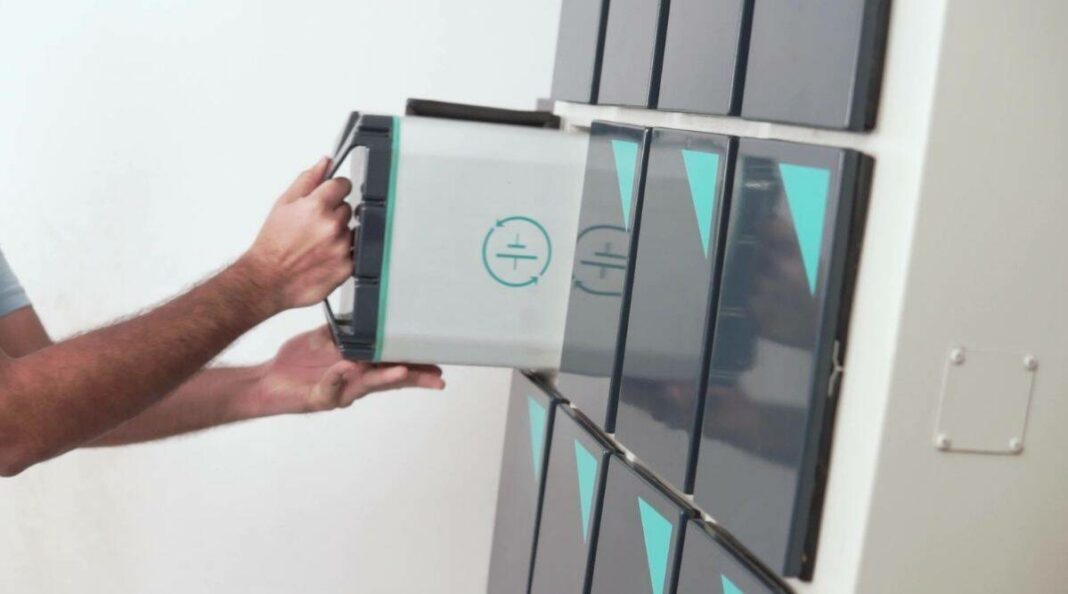Engineers at Drexel University in Philadelphia have come up with a new Lithium-Sulphur (Li-S) cell technology that could pave the way for the development of more efficient, sustainable and cost-effective batteries than the current lithium-ion (Li-ion) batteries in use today.
The researchers documented their findings in a research article titled, “Stabilization of gamma sulfur at room temperature to enable the use of carbonate electrolyte in Li-S batteries,” published in Nature Communications Chemistry.
Scientists have long envisioned replacing Li-ion batteries with Li-S batteries. The latter use Sulphur instead of the cobalt found in Li-ion batteries. Sulphur is an extremely common element that is cheaply available while Cobalt is rare and expensive and associated with unethical mining in countries such as the Democratic Republic of the Congo.
One benefit of Li-S batteries is that they have a higher theoretical energy density and can hold twice the charge of a regular Li-ion battery. But there are some major roadblocks to its viable adoption, which is what the scientists at Drexel tried to solve during the course of their research.
“When sulphur reacts with lithium, it’s not a very simple reaction. It creates many intermediaries called polysulphides. These polysulphides dissolve in the electrolyte (liquid inside the battery) as the cell functions. Basically, you lose energy storing capacity with each charging cycle,” Vibha Kalra, the supervisor of the project and corresponding author of the paper told indianexpress.com.
This phenomenon is a deal-breaker and renders the benefits of Li-S batteries useless because their capacity will diminish with each cycle. But that is not the only problem.
“Most Li-S technologies make use of what are known as ether electrolytes which have a boiling point of around 50 degrees celsius making them quite dangerous and inappropriate for most practical applications,” Kalra explained. He is also a professor and Director of the PhD Program in the Department of Chemical and Biological Engineering at Drexel University.
The Drexel engineers tried to address these problems with a new technique where they tried to enable a Li-S battery with a carbonate electrolyte by physically confining sulphur into micropores of carbon. But when they tried that, they made an interesting discovery.
“The hypothesis was when we started this was that if you physically confine them, even if polysulphides are found, they would not directly interact with the carbonate solvent species and that would help prevent an adverse reaction. But in doing so we, came up with this Vapour Deposition method to incorporate sulphur into these porous carbons that we had in our lab,” said Kalra, explaining the team’s research.
